Croatia Family Reunification Visa
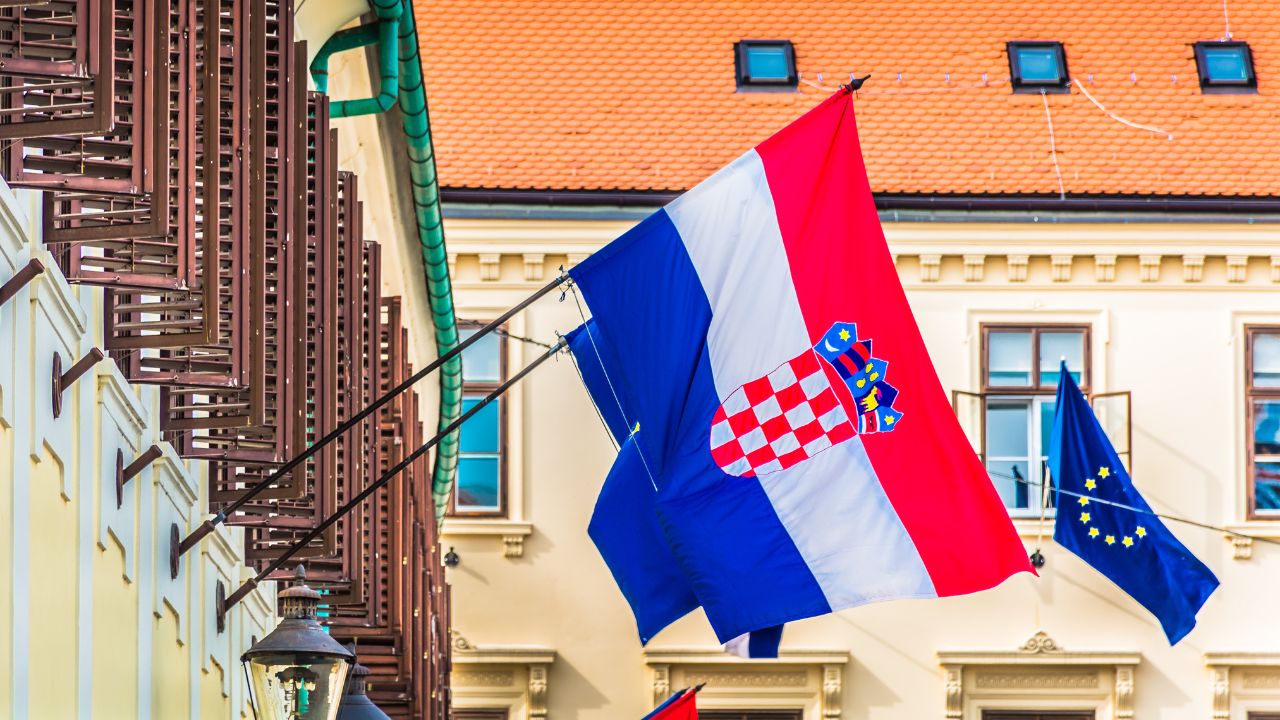
Quick Visa Facts
Visa length Up to 2 years
Possible to extend? Yes, if the sponsor meets the requirements
Who can apply? Spouses, minor children, and dependent parents of Croatian citizens or legal residents
Minimum Income Requirements Sponsor must show sufficient financial means, at least equivalent to 50% of the average monthly net salary in Croatia.
Time for visa applications Typically 15–45 days, may vary
Want to know if you can apply?
Complete a visa quiz and see if you qualify!
Moving to a new country is a significant step, but being away from your loved ones can be even more challenging. The good news is that Croatia offers a clear legal pathway to bring your family to live with you, through what’s known as the family reunification visa (officially, temporary stay for the purpose of family reunification).
Whether you’re already living in Croatia for work, study, or another reason, this visa allows certain family members, such as your spouse, children, or parents, to join you and build a life together in Croatia. The process is managed by the Ministry of the Interior (MUP) and follows the rules outlined in Croatian immigration law and EU standards.
In this guide, we’ll walk you through everything you need to know, from who can apply to which documents you’ll need, and how to submit your application.
Croatia Family Reunification Visa Overview
The Family Reunification Visa allows certain family members of foreign nationals or Croatian citizens to legally live together in Croatia.
This visa category is part of Croatia’s immigration framework for third-country nationals and is regulated under the Aliens Act (Zakon o strancima), managed by the Ministry of the Interior (MUP). It aligns with EU directives on the right to family unity and has been in effect since Croatia adopted the EU-standardized immigration rules, with updates following Croatia’s EU accession in 2013.
The visa provides a pathway for non-EU family members to join their relative (known as the sponsor) who already holds legal residence in Croatia, whether that’s temporary, long-term, permanent, or on humanitarian grounds.
Who Is It For?
The Croatia Family Reunification Visa is designed for non-EU nationals who are close family members of:
A Croatian citizen, or
A third-country national legally residing in Croatia (on a temporary stay, long-term residence, permanent residence, or international protection).
Close family members generally include:
A spouse or common-law partner
Minor children (biological or adopted)
Parents of a minor Croatian national or a minor foreign national under protection
In some cases, other dependent relatives may also be eligible, provided they meet specific dependency or humanitarian criteria as recognized by the MUP.
What Does It Allow You to Do?
Holding a temporary stay permit for family reunification allows you to:
Legally reside in Croatia with your sponsoring family member.
Access health insurance and education under similar conditions as other residents.
Apply for a work permit, if eligible (spouses of Croatian citizens and certain other categories can work without a separate work permit)
Renew or extend your stay as long as your sponsor’s residence status remains valid.
Eventually, apply for long-term or permanent residence if all legal conditions are met.
This visa offers families a stable and lawful way to live together in Croatia, ensuring family unity while complying with Croatian immigration law.
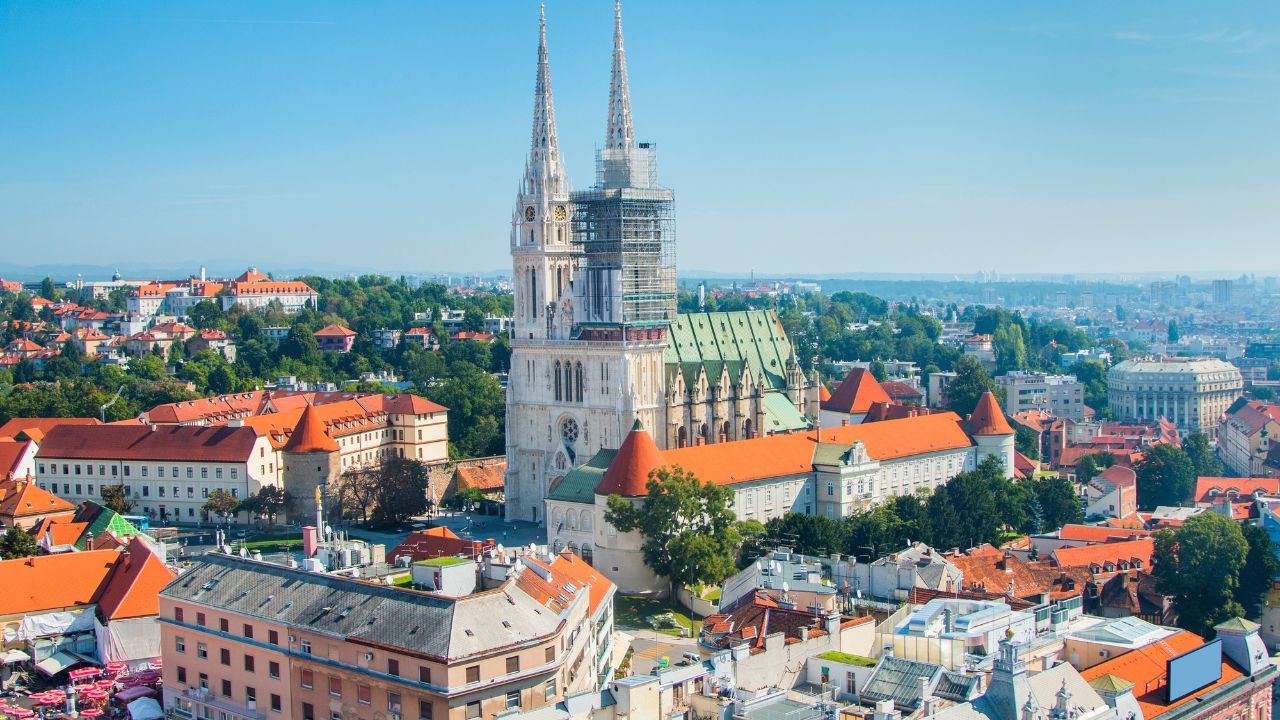
Croatia Family Reunification Visa Requirements
To apply for a Family Reunification Visa in Croatia, you’ll need to prepare a complete set of documents for submission to the Croatian Ministry of the Interior (MUP) or at a Croatian embassy or consulate abroad.
Below is a list of the core documents required for most applicants, followed by special conditions that must also be met.
Basic documents required:
Completed application form for temporary stay (available at MUP offices or online)
Valid travel document (passport) — must be valid for at least three months beyond the intended stay
Recent passport-size photographs (typically 35x45 mm, color, white background)
Proof of relationship with the sponsor (e.g., marriage certificate, birth certificate, or proof of partnership)
Proof of legal residence of the sponsor in Croatia (e.g., copy of residence permit or Croatian ID)
Proof of accommodation in Croatia (rental contract, ownership deed, or letter of guarantee)
Proof of means of subsistence
Health insurance coverage
Receipt of administrative fee payment (MUP will provide payment details)
Note: All foreign documents must be translated into Croatian by a certified translator and apostilled or legalized, unless exempt under an international agreement.
Proof of Financial Self-Sufficiency
Applicants must show that their sponsor in Croatia can financially support them throughout their stay, meaning they will not become a burden on the Croatian social welfare system.
Acceptable proof includes:
Bank statements, pension slips, or salary confirmations from the sponsor
Employment contract or certificate of income from the sponsor’s employer
Proof of regular income or savings that meet the minimum monthly amount set by Croatian authorities
Applicants should be able to show that the sponsor in Croatia has regular income or savings at least equivalent to 50% of the average monthly net salary in Croatia, and an additional 15 % for a second person, plus 10 % for each further dependent. However, the required minimum income is periodically updated by the MUP and depends on the number of family members being supported.
Health Insurance
Family members applying for reunification must have valid health insurance coverage during their stay in Croatia.
Options include:
Private health insurance valid in Croatia for the duration of the temporary stay, or
Inclusion in the Croatian health insurance system (HZZO) once the residence permit is issued
Proof of insurance must be presented at the time of application. Travel insurance is not accepted; it must be long-term residency health insurance. You can find our recommendations for the best health insurance plans for digital nomads here.
Proof of Accommodation
You must provide evidence of secured housing in Croatia for you and your family. Acceptable documents include:
A rental contract (notarized if required)
A property ownership deed of the sponsor.
A notarized statement from the property owner confirming you are allowed to stay.
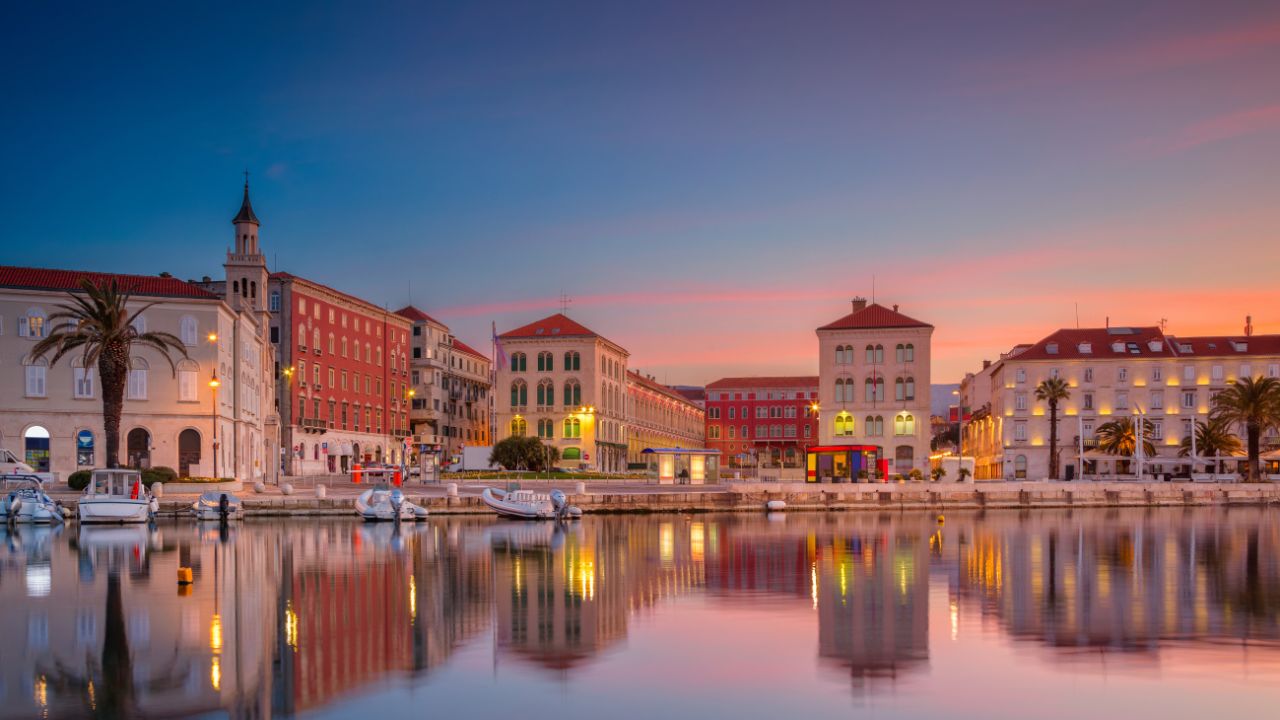
How to Apply for the Croatia Family Reunification Visa – Step-by-Step Instructions
Applying for a Family Reunification Visa in Croatia involves several steps that must be followed carefully. The process is handled by the Croatian Ministry of the Interior (MUP) or by a Croatian diplomatic mission/consulate if you are applying from abroad.
Step 1: Confirm Your Eligibility
Before starting the process, make sure both you and your family relationship meet the legal conditions for family reunification.You must be a close family member (spouse, child, or parent) of a Croatian citizen or of a third-country national who already holds valid residence in Croatia. Your sponsor must have adequate financial means, accommodation, and legal status.
Step 2: Prepare Your Application Package
Gather all required documents listed earlier and ensure that:
Every foreign document is translated into Croatian by a certified translator, and
Documents are apostilled or legalized (unless exempt).
Having a complete and properly formatted application significantly reduces processing delays.
Step 3: Submit the Application
Where you apply depends on your current residence:
If you are outside Croatia: Submit your application at the nearest Croatian embassy or consulate. The staff will forward it to the Ministry of the Interior (MUP) in Croatia for processing.
If you are already in Croatia: File your application directly at the local MUP office in the area where your sponsor resides. You can find the full list of police administrations and local offices on the official MUP website.
Step 4: Interview or Additional Checks
Some applicants may be invited for an interview or asked to submit supplementary evidence to confirm the authenticity of the family relationship or the sponsor’s financial standing. This is a standard part of the process and does not necessarily indicate a problem with your application.
Step 5: Wait for Processing
Processing times can vary, but usually range from 30 to 60 days. If additional verification is required, it may take longer. You will be notified once a decision has been made, either directly by the MUP (if in Croatia) or through the consulate (if abroad).
Step 6: Receive Your Permit and Register Your Residence
If your application is approved, you will receive a temporary residence card or a visa sticker allowing entry and residence in Croatia. Upon arrival, you must register your address within three days at the local MUP office.
Your first permit is generally valid for up to one year and can be renewed as long as family reunification conditions are met.
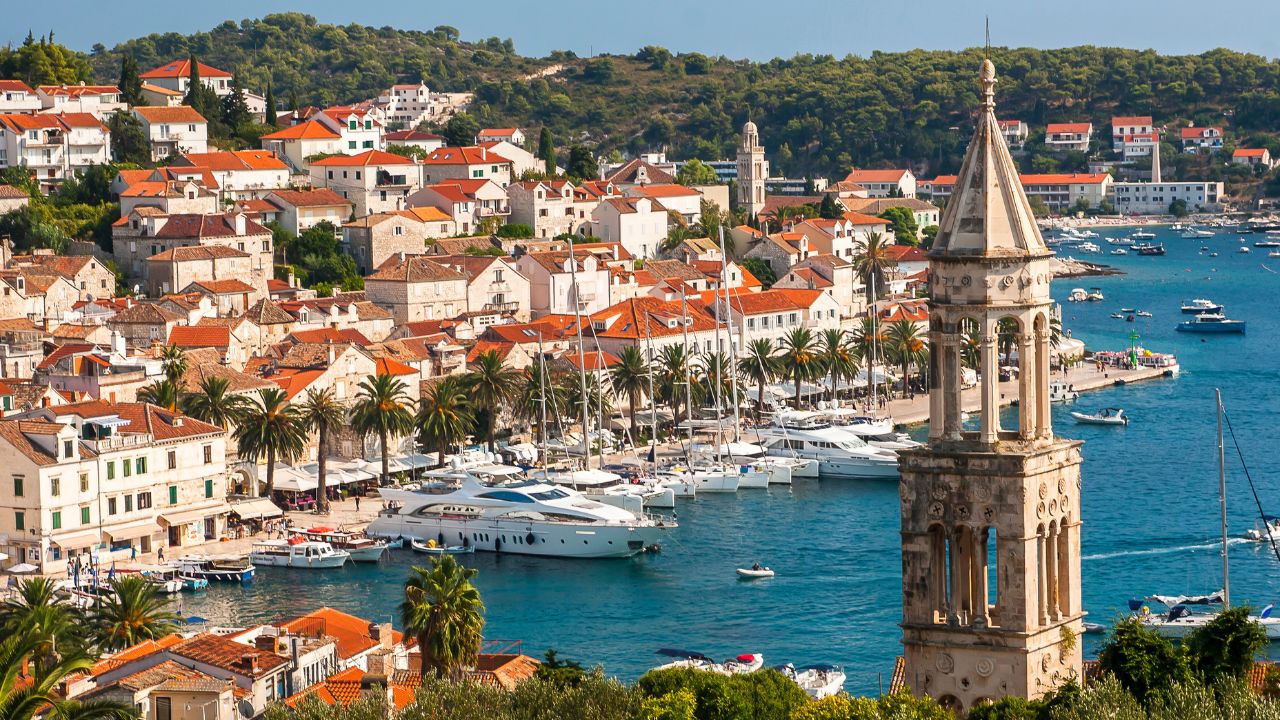
Stay Requirements in Croatia
Once you have received your temporary stay permit for family reunification, you must comply with Croatia’s stay and residence rules to maintain your legal status. Holders of this permit are expected to reside continuously in Croatia and maintain the same family and living conditions under which the visa was granted.
Your residence permit is usually valid for up to one year and must be renewed before it expires. Renewal applications should be submitted no later than 30 days before the permit’s expiration date. Each renewal requires proof that your sponsor still meets the legal conditions for family reunification, including valid residence, stable income, suitable accommodation, and health insurance.
During your stay, you must register your address within three days of arrival or whenever you change accommodation. If you leave Croatia temporarily, make sure that your absence does not exceed the limits allowed for continuous residence. Long or repeated absences may affect your eligibility for renewal or later for long-term or permanent residence status.
It’s also important to notify the Ministry of the Interior (MUP) immediately if there are any changes to your family situation, such as divorce, separation, or the sponsor’s departure from Croatia, as these can affect your residence rights.
Failure to meet these stay requirements can result in the revocation of your temporary stay permit or complications during renewal. Maintaining valid documents, up-to-date registration, and continuous residence ensures that your stay in Croatia remains lawful and uninterrupted.
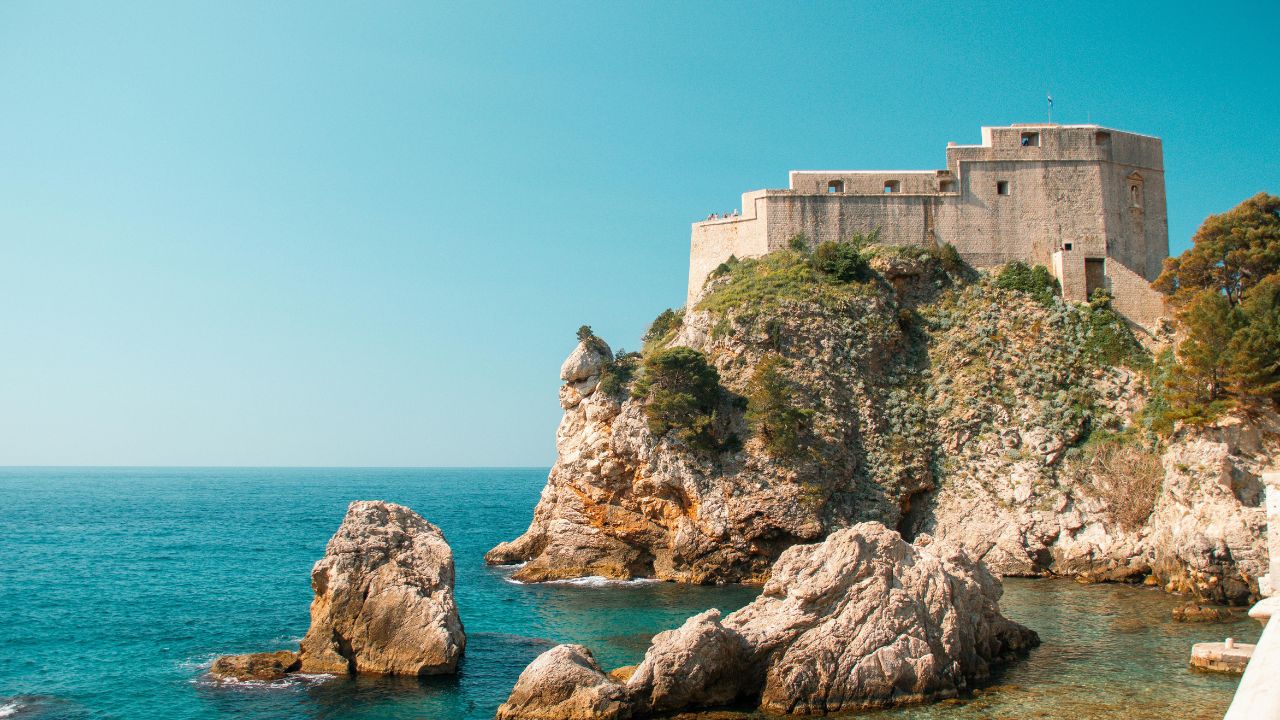
How Much Does the Croatia Family Reunification Visa Cost?
The total cost of applying for a Croatia Family Reunification Visa depends on where you apply, at a Croatian embassy or consulate abroad or directly at a local Ministry of the Interior (MUP) office in Croatia. Fees cover the administrative processing of your temporary stay permit, the issuance of the biometric residence card, and any consular handling costs.
If you apply in Croatia, the usual government fees are as follows:
Application for temporary stay: around €46 (HRK 347)
Issuance of a biometric residence permit (smart card): around €31 (HRK 225)
Administrative stamp fees and paperwork: approximately €10–15 (HRK 75–110) depending on local requirements
If you apply from abroad, consular fees may vary slightly depending on the embassy or consulate. These typically range between €80 and €100, which includes both the visa processing and the residence card issuance once you arrive in Croatia.
Applicants should note that all payments must be made in Croatian kuna (HRK) or euros, depending on the office’s accepted currency, and that proof of payment must be submitted with the application. Some MUP offices also allow payment via bank transfer or postal order, while consulates may only accept cash or card payments.
The total cost for the complete process generally falls between €80 and €120 per applicant, depending on where the application is submitted and whether translation or legalization services are needed.
Always confirm the latest official fees with the local MUP office or Croatian consulate before applying, as administrative charges are periodically updated.
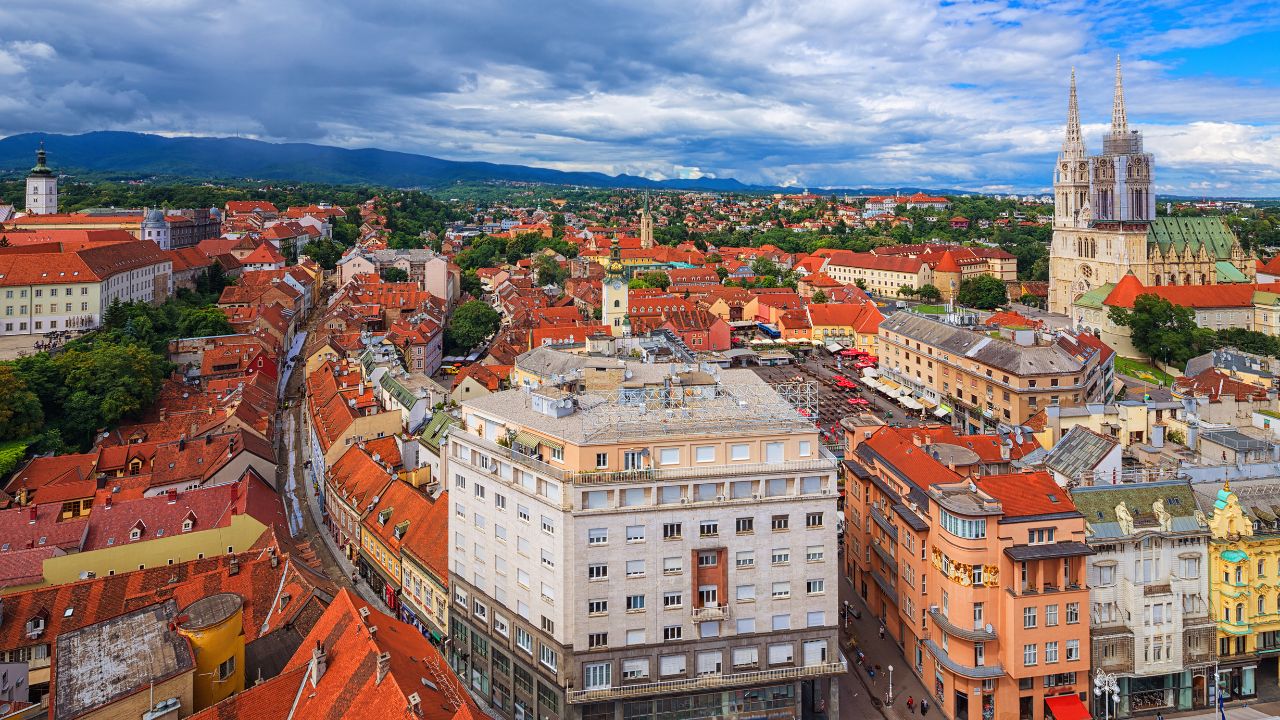
Taxes for People With a Croatia Family Reunification Visa
Holders of a Croatia Family Reunification Visa are generally treated as residents for tax purposes if they live in Croatia for more than 183 days in a calendar year or have their center of vital interests in the country. This means you may be liable to pay Croatian income tax on your worldwide income under the national tax code.
If you are employed in Croatia, your employer will typically withhold income tax and social security contributions directly from your salary. If you are not employed but receive other forms of income, you must declare and pay taxes according to Croatian law. Family members on a reunification visa may also be eligible for certain tax allowances, such as deductions for dependents or joint taxation with a spouse, depending on your personal situation.
For those who are self-employed or freelancers, registering with the Croatian tax authorities is mandatory, and taxes must be filed and paid according to standard business and income tax rules. It is also important to note that double taxation treaties between Croatia and other countries may apply, helping prevent being taxed twice on the same income.
Even if you do not immediately earn income in Croatia, having a temporary stay permit does not exempt you from reporting requirements, particularly for bank accounts, property ownership, or other taxable assets. Consulting a local tax advisor is highly recommended to ensure full compliance with Croatian tax laws while living in the country under a family reunification visa.
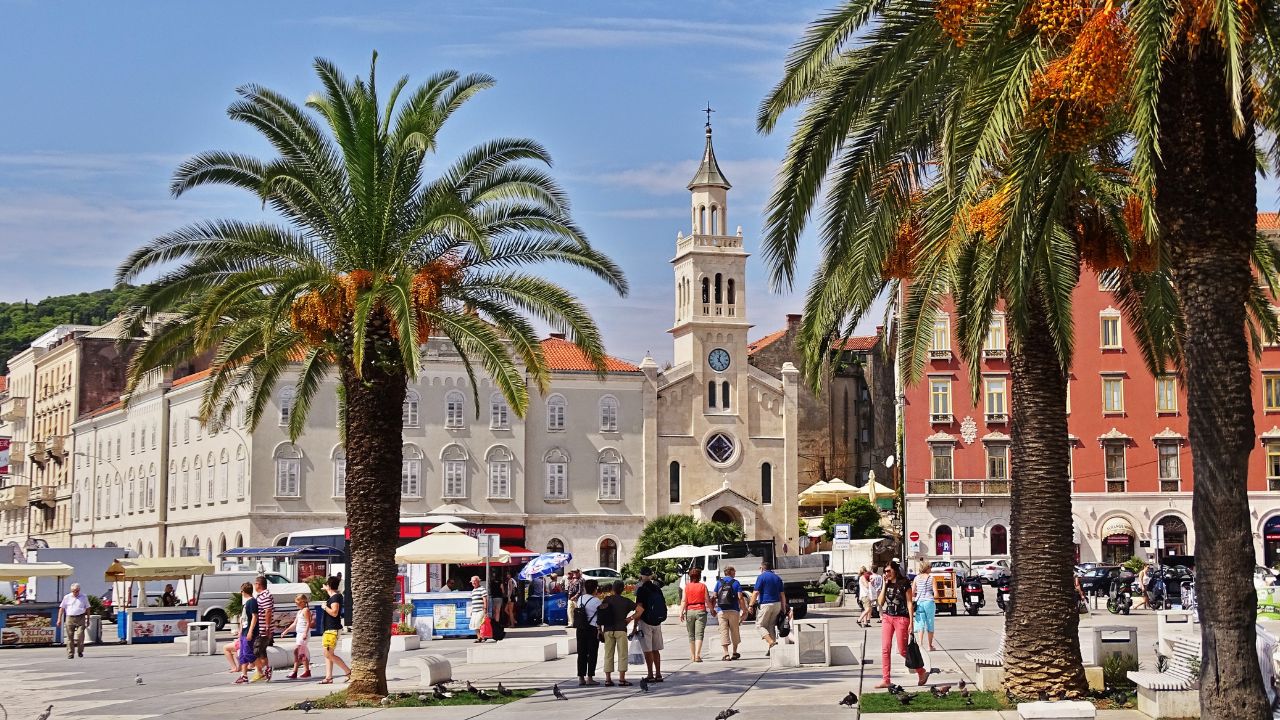
Living in Croatia with the Family Reunification Visa
Living in Croatia on a Family Reunification Visa allows you to join your loved ones while enjoying the country’s high quality of life, rich culture, and access to public services. As a permit holder, you can legally reside in Croatia, benefit from healthcare coverage, enroll your children in local schools, and participate in daily life just like other residents. The visa provides a stable legal status, giving families peace of mind while settling into a new country. Croatia’s welcoming communities, scenic towns, and vibrant cities make it an attractive destination for families seeking both security and lifestyle opportunities.
Beyond the practical benefits, living in Croatia with this visa also opens doors to employment and personal growth. Spouses and certain dependent family members may be eligible to work, allowing you to contribute to household income and integrate fully into Croatian society. Additionally, long-term residence can eventually lead to eligibility for permanent residence or even citizenship, provided you meet the necessary legal requirements. With careful planning and compliance with all stay and registration rules, life in Croatia on a Family Reunification Visa can be both smooth and fulfilling for the entire family.
Best Cities to Live in Croatia
Choosing the right city in Croatia can make a big difference in your family’s experience. Here are three of the best cities to consider when moving on a Family Reunification Visa:
Zagreb

As the capital and largest city of Croatia, Zagreb offers a perfect blend of modern amenities, cultural attractions, and family-friendly infrastructure. The city has excellent schools, hospitals, and public transport, making daily life convenient for newcomers. With vibrant neighborhoods, green parks, and a variety of cultural events, Zagreb provides both career opportunities and a welcoming environment for families seeking long-term residence.
Split
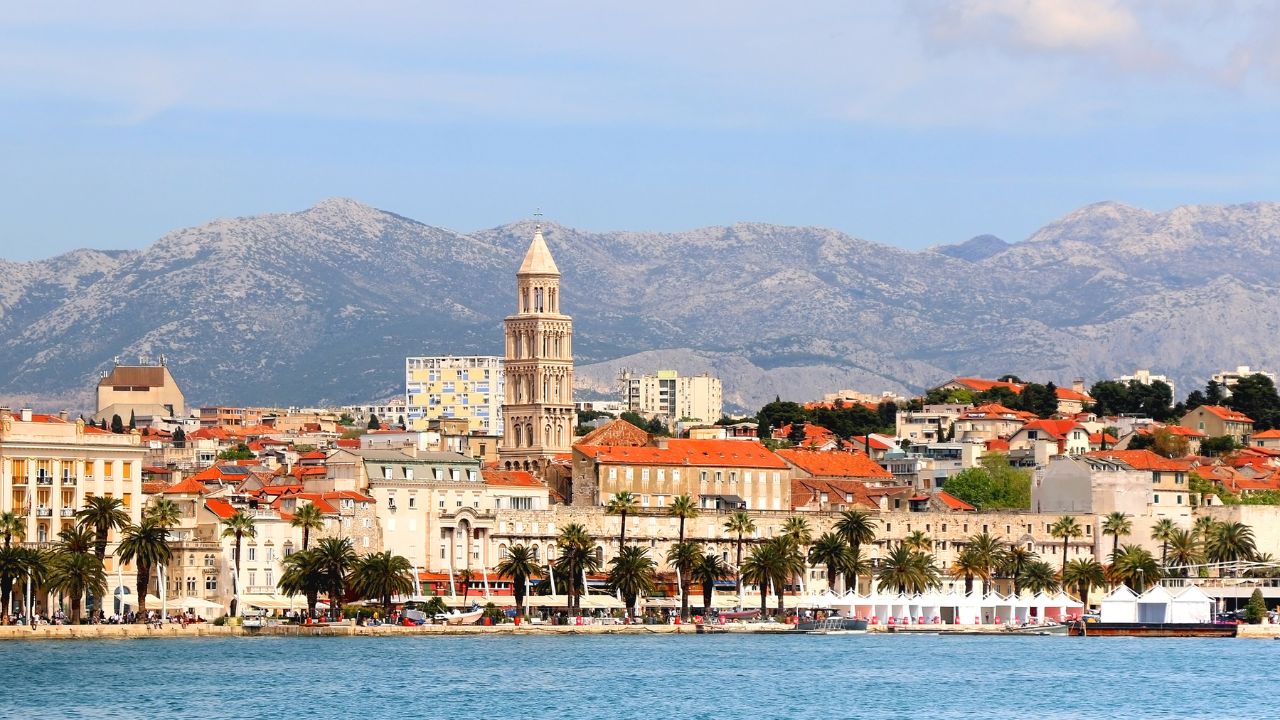
Located on the Dalmatian coast, Split is ideal for those who want a balance of city life and access to the Adriatic Sea. Its historic architecture, bustling markets, and scenic promenades create a charming lifestyle for residents. Split offers a range of educational institutions, healthcare facilities, and growing employment opportunities, particularly in tourism, hospitality, and business services, making it attractive for families relocating to Croatia.
Rijeka
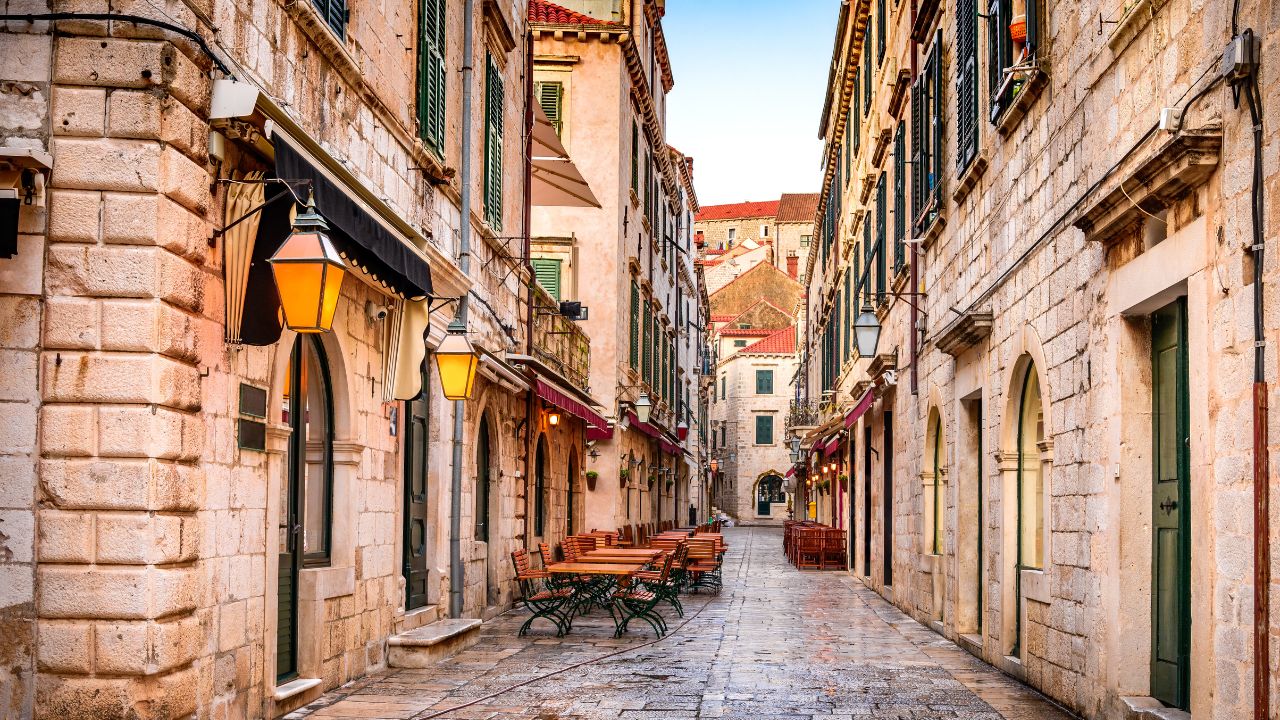
As Croatia’s main port city, Rijeka combines economic activity with cultural richness. The city has excellent schools, healthcare facilities, and affordable housing compared to larger cities like Zagreb or Split. Rijeka also hosts numerous festivals and has a lively arts scene, offering families a vibrant yet manageable urban experience. Its coastal location ensures access to beaches and outdoor activities, making it a practical and enjoyable choice for long-term living.
Cost of Living
The official currency of Croatia is the euro (€). As of September 7, 2025, the exchange rate is approximately €1 = $1.07 USD.
The average net monthly salary in Croatia is around €1,318, which equates to approximately $1,375 USD.
Here’s a rundown of what you should expect to pay in different cities:
Zagreb
Rent (1 bedroom in city center): Approximately €600–€800 per month.
Rent (3 bedrooms outside city center): Around €400–€500 per month.
Basic Utilities: Typically €140 per month
Wi-Fi: Approximately €17 per month for an 8 Mbps connection.
Public Transport (one-way ticket): Approximately €1.60
Groceries (2 people): Between €200–€400 per month.
Split
Rent (1 bedroom in city center): Approximately €600–€1,000 per month.
Rent (3 bedrooms outside city center): Around €400–€600 per month.
Basic Utilities: Typically €100–€150 per month.
Wi-Fi: Approximately €17 per month for an 8 Mbps connection.
Public Transport (one-way ticket): Approximately €1.50
Groceries (2 people): Between €200–€400 per month.
Rijeka
Rent (1 bedroom in city center): Approximately €500–€700 per month.
Rent (3 bedrooms outside city center): Around €350–€450 per month.
Basic Utilities: Approximately €140–€150 per month.
Wi-Fi (monthly): Around €17
Public Transport (one-way ticket): Approximately €1.50
Groceries (2 people): Approximately €350–€450 per month.
FAQs
Who is eligible for a Croatia Family Reunification Visa?
The visa is for close family members of Croatian citizens or third-country nationals legally residing in Croatia. Eligible family members typically include spouses, minor children, and dependent parents. In certain cases, other dependent relatives may also qualify.
How long does it take to process a family reunification visa?
Processing times usually range from 30 to 60 days, depending on whether the application is submitted in Croatia or at a Croatian embassy/consulate abroad. Additional checks or incomplete documentation may extend this period.
Can family members work in Croatia on this visa?
Spouses and certain dependent family members may be eligible to work, either without a separate work permit or after obtaining authorization from the Ministry of the Interior. Employment eligibility depends on your specific visa category and residence status.
How long is the temporary stay permit valid, and can it be renewed?
Do I need health insurance while living in Croatia on this visa?
Author
Nadia Dardón is a content creator from Guatemala. She has worked fully remotely for the past six years as a copywriter, editor, and content creator, working for different industries. She started her digital nomad journey in 2022 and currently lives as an expat in Spain.
